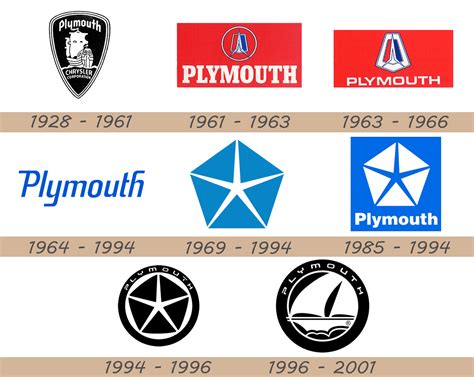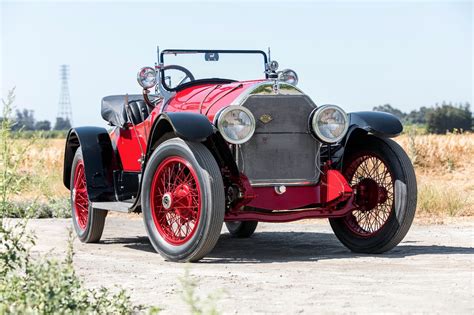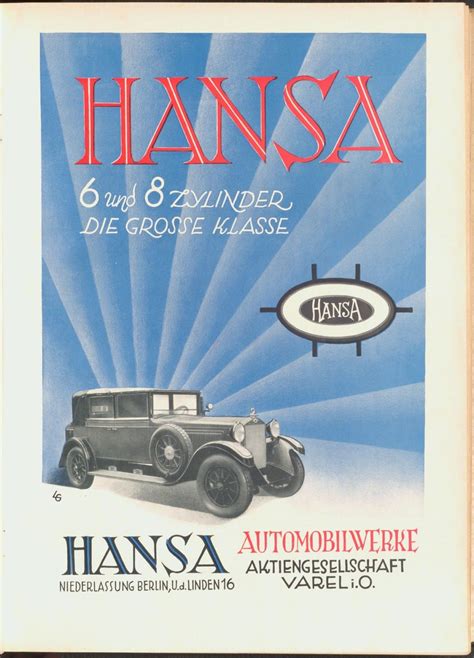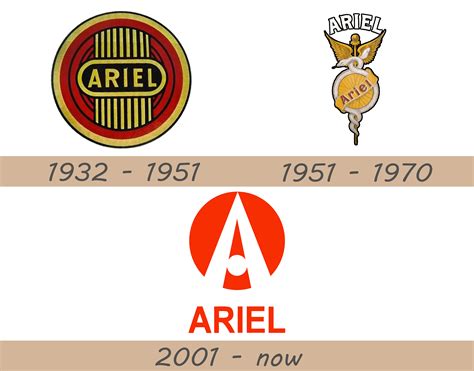Discover the history of Plymouth Car Company from its foundation to demise, including the impact of the Great Depression and innovations in the 1950s.
Foundation of Plymouth Car Company
Contents
The Plymouth Car Company was founded in 1928 as a division of the Chrysler Corporation. It was named after the Plymouth Bay, where the Pilgrims first set foot in the new world. The company was established as a low-priced alternative to the more upscale Chrysler brand, with the goal of competing with other affordable cars in the market.
The Great Depression had a major impact on the automotive industry, and the founding of Plymouth during this time was a bold move by Chrysler. Despite the economic challenges, the company managed to gain success and recognition in the market due to its affordable and reliable cars.
The introduction of the Model 30U in 1929 was a significant milestone for Plymouth. This model was a huge success and helped to establish the company as a major player in the automotive industry. It was a reliable and affordable car that appealed to a wide range of customers, further solidifying Plymouth’s position in the market.
Overall, the foundation of the Plymouth Car Company was a crucial moment in automotive history. It laid the groundwork for the company’s future success and established a legacy of affordable and reliable vehicles that would continue for decades to come.
Introduction of the Model 30U
The Model 30U was introduced by Plymouth Car Company in 1930, marking a significant milestone in the automotive industry. This model was a part of the company’s line of affordable and reliable vehicles, designed to cater to the growing demand for personal transportation during the early 20th century. With its sleek design and advanced features, the Model 30U quickly gained popularity among consumers, establishing Plymouth as a major player in the automobile market.
Featuring a powerful engine and spacious interior, the Model 30U offered a comfortable and enjoyable driving experience for individuals and families alike. Its affordability and fuel efficiency made it an attractive option for the masses, contributing to the widespread adoption of automobile ownership during that era. The introduction of this model revolutionized the way people viewed transportation, setting new standards for quality and performance in the automotive industry.
With the launch of the Model 30U, Plymouth Car Company solidified its reputation as a reliable and innovative car manufacturer. The success of this model not only boosted the company’s sales and market share, but also paved the way for future advancements in automotive technology. The introduction of the Model 30U marked a turning point in the history of Plymouth Car Company, establishing its position as a leading provider of affordable and high-quality vehicles for the masses.
Impact of the Great Depression
The Great Depression had a profound impact on the Plymouth Car Company as it did on many businesses across the United States. The company, which had been thriving in the 1920s, saw a dramatic decline in sales as the economic downturn took hold. The demand for automobiles plummeted, and many consumers were unable to afford new vehicles. This led to a sharp decline in production and forced the company to lay off workers and reduce its workforce.
Furthermore, the financial strain caused by the Great Depression also impacted the company’s ability to innovate and develop new models. With limited resources and a shrinking market, Plymouth struggled to keep up with its competitors, many of whom were also facing similar challenges. As a result, the company’s reputation and sales suffered, and it took many years for Plymouth to recover from the devastating effects of the Great Depression.
Despite the difficulties faced during this time, Plymouth continued to produce automobiles and adapted to the changing economic landscape. The company focused on releasing more affordable models to attract buyers and implemented cost-cutting measures to survive the financial crisis. However, the Great Depression left a lasting impact on the company, shaping its future direction and influencing its approach to manufacturing and sales.
In conclusion, the Great Depression significantly impacted the Plymouth Car Company, leading to decreased sales, production cuts, and financial strain. The company faced numerous challenges during this time, but it ultimately persevered and adapted to the changing economic conditions. The effects of the Great Depression were felt for years to come, but Plymouth continued to innovate and evolve, leaving behind a legacy that is still remembered today.
Innovations in the 1950s
The 1950s were a time of great innovation for the Plymouth Car Company. One of the most significant innovations of this decade was the introduction of the first automatic transmission in the 1953 models. This was a major advancement in car technology, making driving easier and more efficient for the average consumer.
Another important innovation of the 1950s was the introduction of power steering, which was first offered in Plymouth cars in 1951. This technology made it easier for drivers to maneuver their vehicles, especially at low speeds and while parking. It was a game-changer for the industry and quickly became a standard feature in most cars.
Plymouth also made strides in safety innovations in the 1950s, with the introduction of safety glass and seat belts. These features were not yet mandatory, but Plymouth was ahead of the curve in recognizing the importance of protecting drivers and passengers. The company’s commitment to safety would become even more apparent in the years to come.
Additionally, the 1950s saw Plymouth experimenting with new designs and styles, with the introduction of the iconic Forward Look design in 1955. This bold and sleek style set Plymouth cars apart from their competitors and influenced the entire industry. The company’s vision for the future of automotive design was ahead of its time, and the innovations of the 1950s laid the groundwork for continued success.
Demise of Plymouth Car Company
The Plymouth Car Company had a long and storied history, but unfortunately, it ultimately met its demise. Despite its early success and innovations, the company was unable to withstand the changing landscape of the automotive industry. The decline of the brand can be attributed to a variety of factors, including shifts in consumer preferences, increased competition, and financial struggles.
One of the major contributing factors to the downfall of Plymouth Car Company was the company’s inability to adapt to the changing tastes of consumers. As the automotive industry evolved, consumer preferences shifted towards smaller, more fuel-efficient vehicles, and Plymouth struggled to keep up with this trend. The company’s failure to introduce new, innovative models that catered to these changing preferences ultimately led to a decline in sales and a loss of market share.
In addition to changes in consumer preferences, Plymouth Car Company also faced intense competition from other automotive manufacturers. As new and more technologically advanced cars entered the market, Plymouth found itself struggling to compete with the offerings of companies such as Ford and Chevrolet. The fierce competition ultimately made it challenging for Plymouth to maintain its position in the market and stay profitable.
Financial struggles also played a significant role in the demise of Plymouth Car Company. As the company continued to face declining sales and increased competition, it experienced a significant financial strain. This ultimately led to a lack of investment in new technologies and product development, further exacerbating the company’s decline.
| Factors Contributing to the Demise of Plymouth |
|---|
| Shifts in Consumer Preferences |
| Increased Competition |
| Financial Struggles |
Despite its unfortunate demise, the legacy of Plymouth Car Company lives on through the impact it had on the automotive industry. The company may no longer be in production, but it left a lasting mark with its innovations and contributions to the industry.












